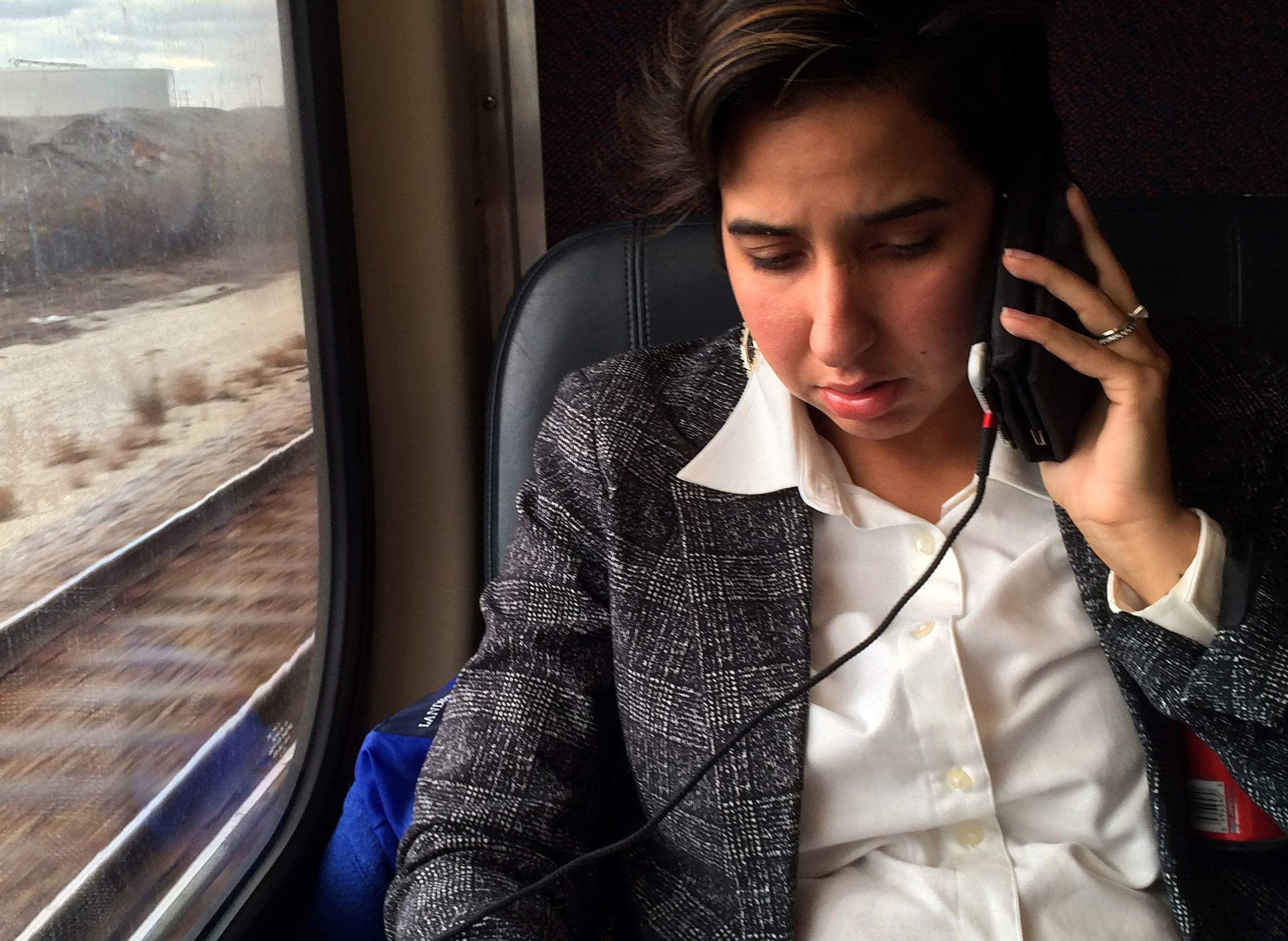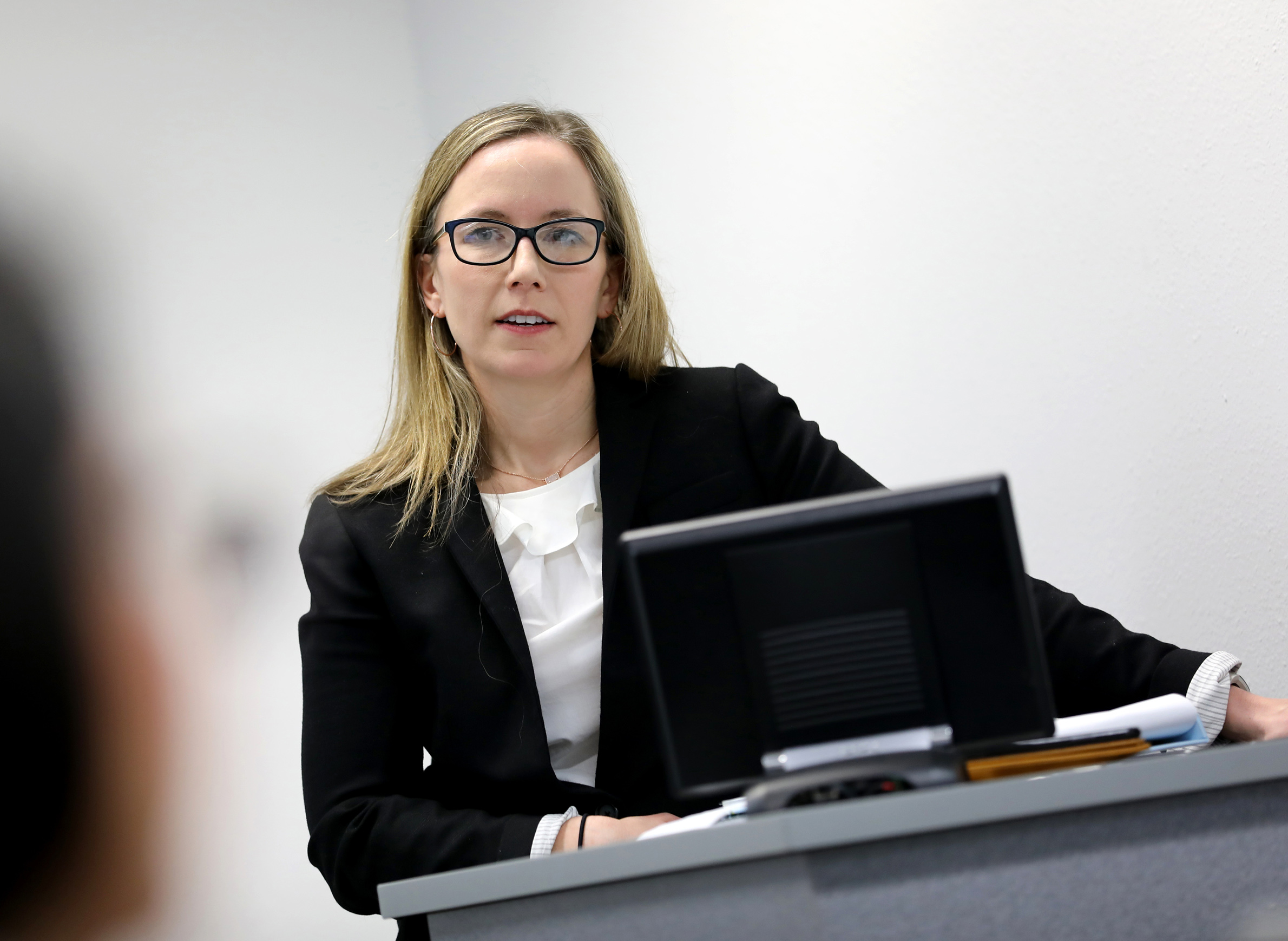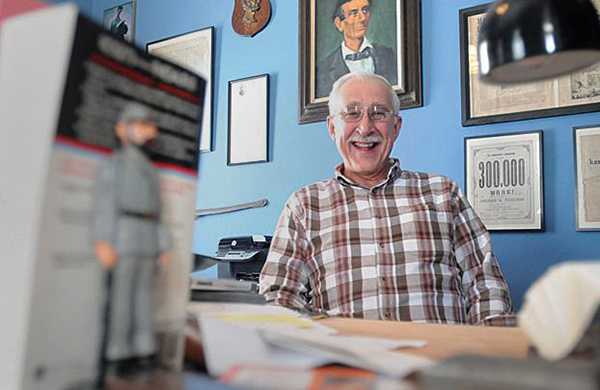
Dane County Selected For Pilot Program To Provide Lawyers For Immigrants

Dane County has been selected as one of 13 sites across the country to test a new model: a public-defender-style system aimed at providing a lawyer to every detained, indigent immigrant.
The program is funded by the Vera Institute of Justice, a philanthropic organization that aims to improve justice systems. The pilot program, called the SAFE Cities Network, is based on a similar project in New York, the first such model in the country. The program aims to "ensure that no immigrant will be detained and permanently separated from his or her family solely because of the inability to afford a lawyer," the Vera Institute announced.
Separately, a handful of local governments, including Fairfax County, Virginia, and Portland, Oregon, also have established their own publicly-funded universal representation programs. Nationally, about half of all immigrants facing deportation do not have attorneys.
The SAFE Cities Network gave Dane County $100,000 in "catalyst" funding to implement such a system. Dane County had already allocated funds to assist local immigrants.
This funding paid for the salaries of Aissa Olivarez and Erin Barbato, attorneys who represent clients for free. According to Barbato, the director of the Immigrant Justice Clinic at the University of Wisconsin Law School, private attorneys in Dane County charge anywhere from $500 — if they are taking a case at a "low-bono" reduced rate — to $5,000 for bond representation alone. That does not include representation to fight the deportation itself.
"Everybody in our community deserves at least legal representation," Barbato said. "We won't be able to save everybody from deportation, but at least we'll be able to allow them due process and access to justice."
Dave Gorak, executive director of the Midwest Coalition to Reduce Immigration, said he supports the right of those in immigration proceedings to get legal representation — as long as taxpayers do not foot the bill.
"Even Americans, our own citizens, sometimes can't afford the very high legal fees, and so that's why we have public defenders," Gorak said. "I don't want to see American tax dollars used unnecessarily to defend a growing illegal immigrant population… All of us are having to pay for this refusal of our federal government to enforce its own laws."
He added, "Too many organizations are going out of their way to in fact give credibility to these people who … have no respect for our laws or our sovereignty."
The funding from Vera Institute will run out in October, but Madison and Dane County have approved another year of funding.
Madison Common Council president Shiva Bidar said the council's decision to allocate $100,000 for immigrant assistance in the 2019 budget was unanimous and endorsed by outgoing Mayor Paul Soglin, who has spoken out strongly against efforts to remove law-abiding immigrants.
Meanwhile, the University of Wisconsin Law School has begun paying for Barbato's deportation defense work. And the Community Immigration Law Center, where Olivarez works, is looking to expand its services.
"We think when we get four to five [lawyers] doing this, we will be able to make an actual difference," said the Center's board president Grant Sovern.
Sovern contemplated what would happen if every Dane County resident had a lawyer when they went before an immigration judge.
"First, no more trauma of being deported. U.S. citizen kids aren't separated from their parents. Employers don't lose their workers."
Natalie Yahr is a student in the University of Wisconsin-Madison School of Journalism and Mass Communication. Collaborations by the Wisconsin Center for Investigative Journalism with journalism students are funded in part by the Ira and Ineva Reilly Baldwin Wisconsin Idea Endowment at UW-Madison. The nonprofit Center also collaborates with Wisconsin Public Radio, Wisconsin Public Television, and other news media. All works created, published, posted or disseminated by the Center do not necessarily reflect the views or opinions of UW-Madison or any of its affiliates.
This report is the copyright © of its original publisher. It is reproduced with permission by WisContext, a service of PBS Wisconsin and Wisconsin Public Radio.




